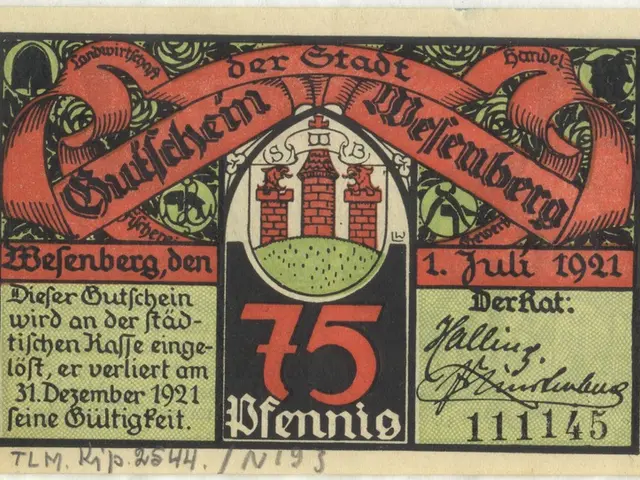"64 Teams in the World Cup? DFB Slams the Idea as Impractical"
FIFA faces strong opposition from DFB over World Cup plans
Time for another World Cup extravaganza, but with a twist - 64 teams flying their colors! The Uruguayan Football Association's president, Ignacio Alonso, threw this proposal into the ring, but it seems the German Football Association (DFB) isn't biting.
The DFB has thrown its hat in the resistance camp. DFB President Bernd Neuendorf doesn't mince words, "We will not support any proposal to increase the World Cup to 64 teams. I firmly believe that such a move would not do justice to the tournament."
The 100th anniversary jubilee has some thinking it's the perfect time for a wider pool of participants, but Neuendorf isn't convinced. He warns of "serious consequences for national leagues" should the tournament be expanded. This expansion would lead to a longer tournament phase, putting players under immense physical strain - something Neuendorf deems irresponsible.
Football Confederations Divided
While CONMEBOL backs Alonso's project, resistance comes from the Asian Football Confederation (AFC) and the North, Central American, and Caribbean Football Confederation (CONCACAF). UEFA President Aleksander Ceferin has also voiced his opposition, labeling the idea as "unnecessary". Some council members were taken aback by what they see as a sudden intervention.
The 2030 World Cup is set to be a co-host event between Uruguay, Argentina, Paraguay, Portugal, Spain, and Morocco. A bigger pool of participants is already in play for the 2026 World Cup in the USA, Canada, and Mexico, a move spearheaded by FIFA President Gianni Infantino.
Why The Resistance?
Critics argue that a larger pool of participants could dilute the quality of play, potentially reducing the overall competitiveness of the tournament. logistical challenges, such as scheduling conflicts, increased travel, and strain on host nations, are also concerns. Player welfare could be negatively impacted by the prolonged tournament schedule. And the qualifying process might lose its luster as more teams make the cut.
For national leagues, potential consequences include disrupted scheduling, affected player availability, and increased financial and resource strains.
In essence, while the idea aims to expand global participation and celebrate the centennial of the World Cup, it's facing strong resistance. The concerns revolve around tournament quality, logistics, player welfare, and potential impacts on national leagues.
- The Commission has also been consulted on the draft directive regarding the proposed expansion of the World Cup to 64 teams, but their stance remains unknown.
- Despite FIFA President Gianni Infantino's push for a larger pool of participants in the 2026 World Cup, UEFA President Aleksander Ceferin is among those who question the feasibility of such a move in the 2030 World Cup.
- While analyzing the possibility of increasing the World Cup to 64 teams, some sports analysts have noted that the Champions League and other European leagues might suffer due to disrupted scheduling, affected player availability, and increased financial and resource strains.
- The Football Confederations are divided on the issue, with the Asian Football Confederation (AFC) and the North, Central American, and Caribbean Football Confederation (CONCACAF) joining the German Football Association (DFB) in voicing opposition to the proposal, labeling it as unnecessary and unfeasible.
- On the occasion of the World Cup's 100th anniversary, there have been calls for a wider pool of participants, but these have been met with resistance from various quarters, with concerns being raised about tournament quality, player welfare, logistics, and potential impacts on national sports leagues.








